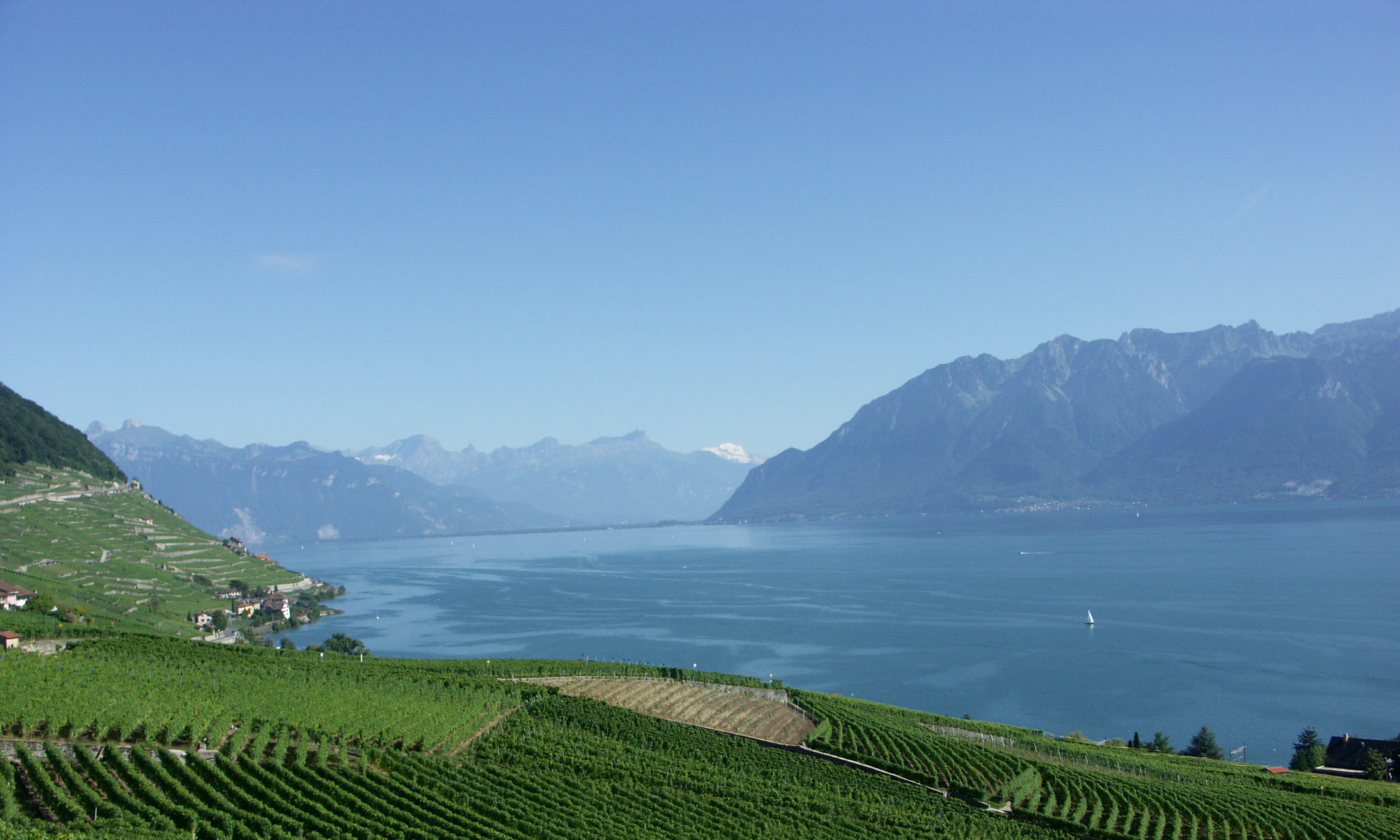To reply to this question use the “Leave a reply” box/field at the bottom of this page.
27 Replies to “Question 5: Is there anything more WMO can do to make the government agencies that fund your operational hydrology activities more knowledgeable about the efficiency and essential character of these services to the social and economic well-being of your country? How does your Service relate with the disaster/emergency, agriculture, health and other relevant national agencies, academia and private sector?”
Comments are closed.


La comunicación efectiva, la articulación de iniciativas y la transferencia de conocimiento serán siempre tareas necesarias y que se deben de reforzar
El área de hidrología está muy enfocada en brindar productos y servicios a las plantas hidroeléctricas y eólicas que administra el ICE. En estos momentos no tiene mucha injerencia en otros campos como la agricultura o la salud.
I feel that the WMO representatives should communicate more with other national representatives, especially if they are representatives of other international (intergovernmental) programmes (commissions) as well, and personally know each other (including those at the governmental level). I think that hydrology in Czechia really suffers from poor dissemination of information, leading to the decreasing quality of education, which in turn results in a lack of experts at the local NHS and in overloading the current experts. I know that the main role of NHSs lies in collecting data and in operational hydrology, but the basic research (without which forecasting improvements are unthinkable) is needed too, and it is almost lacking due to the above-mentioned fact. The WMO representatives should be more visible especially at the sessions of the Czech Commission for UNESCO where education is a leading topic. In cooperation with UNESCO experts, the education level should be improved first. Only then the local NHS can be more incorporated in research, academia and, consequently, in practice (i.e. applications in agriculture, public health and security or private sector) as well. The better connection to the academia could also improve the awareness of water-related issues at the governmental level since the universities and colleges are the main donors of experts there. Currently, there is a wish on the side of the NHS, but the Gordian knot needs to be cut as soon as possible, which could open the doors to better funding and strengthening the role of the local NHS in national economy.
WMO needs to involve other UN agencies in this task: to call countries to support their NHSs. Without a strong NHS providing water data, how to inform about UN SDGs? To a country, how to evaluate it’s national water resources and to protect people from hydrological extreme events?
L’OMM qui supervise les activités météorologique et hydrologique des pays membres doit être le défenseur de ces causes auprès des agences gouvernementales qui financent ou qui doivent financer les activités hydrométéorologiques. Dans le cadre régional de la Communauté Economique des Etats de l’Afrique Centrale (CEEAC), nous sommes en train de mettre en place des plateformes nationales multisectorielle de Réduction des Risque des Catastrophes (RRC).
Initiatives de la CHY en matière de promotion d’échanges technique et scientifique,la coopération et de collaboration directe entre les SNH de même région ou de régions différentes (voyages d’études,échanges d’experts,…). Le lien entre notre structure et les autres agences est appréciable,cela se justifie par:
-Mise en place du cadre national des services climatiques (CNSC) en Guinée organisé par l’OMM et la Direction National de la Météorologique du 11 au 13 juillet 2018 à Conakry
-Organisation du 25 au 27 Octobre 2018 de l’atelier de renforcement du mécanisme de coordination et des capacités techniques pour la gestion des risques ,coordonné par le Centre national de Gestion des Catastrophes et Urgences Environnementales
-Atelier d’appui de lancement du SAP en Guinée,du 27 au 29 Novembre 2018,coordonné par le CILLS
-Établissement et le renforcement des plateformes Nationales pour la RRC (reduction des risques de catastrophes) en Afrique de l’Ouest